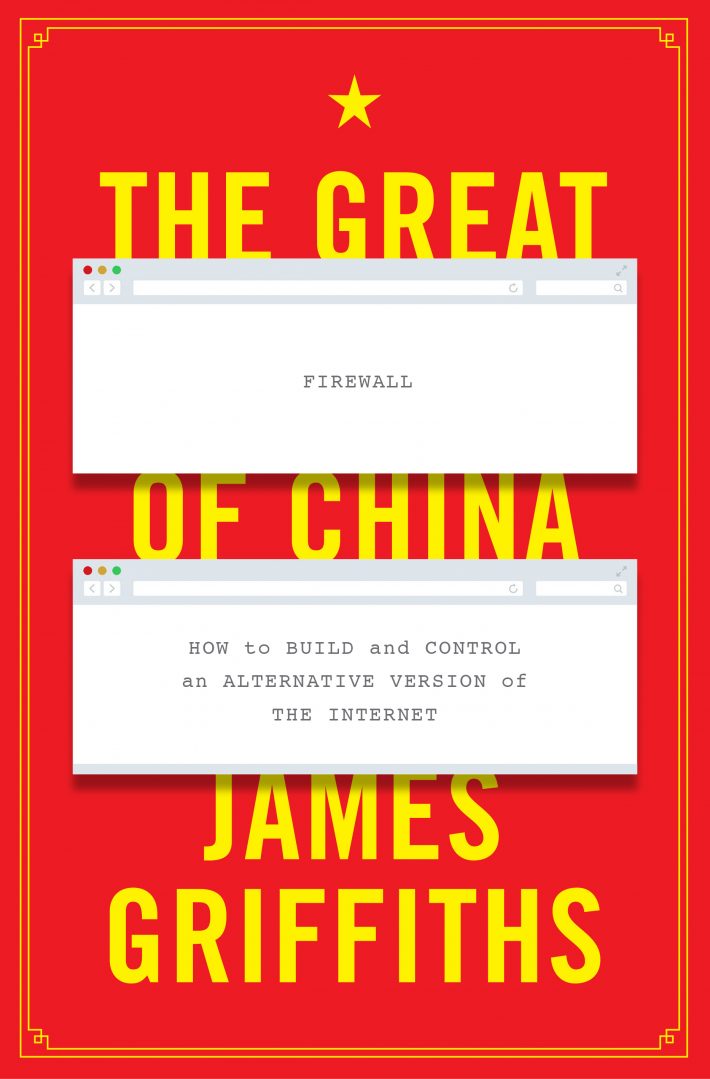BY GLORIS LIU AND DAISY SINGH-GREAVES
“China’s censors do not care about blocking content, they care about blocking solidarity,” James Griffiths writes in his debut book The Great Firewall of China: How to Build and Control an Alternative Version of the Internet.
Solidarity among women is no exception. Like many movements in recent years, China’s feminist movement has been stifled at the hands of government censorship. When the 2019 Stonewall March—commemorating the anti-police brutality LGBT uprisings at New York’s Stonewall Inn in 1969—took place, there was little celebration in China. Danjia Liu, a Weibo editor and member of the Beijing LGBT+ Center, told NüVoices she did not see many posts online about “Stonewall,” nor any mentions of commemorations taking place in Beijing.
The monitoring of “sensitive” words and phrases used in social movements have forced activists to be creative when expressing themselves online. To circumvent censors, Chinese feminists used the hashtag #米兔 (mi tu, characters that translate into “rice” and “rabbit”) rather than #MeToo, and have strived to organise physical meetings in order to continue their work on combatting gender inequality.
In “The Great Firewall of China,” Griffiths—currently a senior producer at CNN International—establishes a comprehensive overview of the history and development of China’s system of censorship. Beneath China’s strict control of information, Griffiths explores the consequences of state censorship on protesters and dissidents, as well as the wider diplomatic discussion on internet governance. Using anecdotes, the book highlights challenges activists face when attempting to build solidarity and questions the future of online expression in this era of increasing cyber sovereignty.
In an exclusive with NüVoices, Griffiths discusses the ways in which censorship has impacted feminism and other activist movements in China.

You did such a good job presenting the history of censorship in China, and how it initially focused on restricting news and pornography before expanding to include anything that might threaten state control. Since the late 1990s, what key changes do you think have had the biggest impact on feminism and other forms of activism?
In the early 2000s, from China’s entry into the World Trade Organisation and leading up to the 2008 Olympic Games, there was a great relaxation of controls on the internet and civil society at large. This enabled people to organise online and for a time platforms such as Weibo were having a very real effect on the country’s politics. However, this all ended with the Olympics, and 2009, which saw a key Tiananmen anniversary and unrest in Xinjiang, was a major turning point back towards censorship and control.
In 2018, an unlikely #MeToo movement blossomed despite the odds. Yet the campaign was not as successful in China as it was in other parts of the world. What is your read on China’s version of #MeToo, and how censorship has affected the movement?
Chinese feminists have faced major pushback even for comparatively modest demands, such as preventing sexual harassment on public transport or bringing to justice men who are guilty of #MeToo related offences. The government should not in theory see them as a threat, given they are operating within the law and calling for the respect of principles the government itself claims to uphold, but unfortunately this has not been the case. As with other groups, the government is highly suspicious of any organising outside the Party structure, and has seen the women’s movement, with its potential to build solidarity across a huge swath of the population, as a real threat, and clamped down accordingly.
In some ways, censorship can build solidarity amongst activists, and push them to find more creative ways to promote their causes. What do you make of this view that the government’s crackdown on information has, ironically, strengthened some aspects of activism?
I’m sceptical that censorship is in anyway beneficial, as alternative ways of promoting causes tend to be far less effective and there are legal risks inherent in continuing to organize when the government has banned certain groups. However, one way in which I do think the backlash has strengthened the movement is in radicalising young women who might not otherwise have considered themselves particularly political. After all, their demands are fairly modest and thoroughly reasonable, and so to face such intense censorship and official resistance has a dramatic effect on how they see the Chinese political system and the need for more structural changes.
You’ve discussed how the government has since installed filtering software into WeChat, Weibo and Baidu, among others. Do you see such moves as a reaction to growing civil society in China, and movements like feminism, or an inevitable progression of the administration’s system of censorship?
There has always been an instinct for greater control and surveillance within the Party, and technology has finally begun to catch up to these ambitions. When the Great Firewall was first developed, it was very much a top down model overseen by Party apparatchiks, it was then increasingly outsourced to the private companies which run the Chinese internet to look after their own censorship (or face official punishment). What we are seeing today is a shift, with greater surveillance and use of artificial intelligence to police people’s behaviour, towards self-censorship. The theorised social credit system is a major step in this direction, raising the societal and legal costs of attempting to bypass censorship or pushing the boundaries of what can be said online.
In your book, you have a compelling anecdote about three friends watching a pirated western documentary of the Tiananmen Square Massacre, 20 years on. In your observations, what are the similarities and differences between the extreme censorship of the Tiananmen Square Massacre 30 years ago and the #MeToo movement in 2018, and any other connections between them?
The experience of being censored can in itself be radicalising. This can also help people understand the need to build solidarity with other groups facing similar pushback from the government (workers, Marxists, ethnic minorities), which is what the Party fears above all else.
What made you interested in exploring the issue of censorship in China? Is there anything in particular you hope readers, and particularly gender activists, will take away from your book?
I first lived in China during the high point of Weibo and surge of optimism around the potential for the internet to bring about social change in China, and I have seen (and reported on) the subsequent backlash and rolling back of freedoms both online and off. The book is an account of the effectiveness of the Firewall in stopping solidarity and organizing, but also a testament to the importance of both, and I think groups operating in sensitive and oppressive circumstances – such as China – should take this to heart: only by uniting across gender and class boundaries is true change possible. The book is also a warning to activists and others in countries with “open” internets, that their freedoms to speak and organise online may be more fragile than they realise, and that they should not be complacent about protecting their rights online.
Can you discuss your views on the future of censorship, and whether it will become more or less effective as globalisation continues and more Chinese people travel abroad?
A huge number of Chinese people have travelled, studied and lived abroad, including key Party members, and this has not had a great effect on the Chinese political system. The Party has also shown itself fully able to co-opt technology and other business leaders, so I do not think globalisation is a threat to the existing system. Propaganda and patriotism are a powerful guard against people being influenced by what they learn overseas, and even if they do come back believing that the system needs to be changed, the Great Firewall and other controls on organizing and solidarity have proven themselves more than effective at tackling any resistance.
About James Griffiths
James Griffiths is an experienced foreign correspondent. He has reported from across Asia, including Hong Kong, China, Sri Lanka, Malaysia and South Korea. He is the author of The Great Firewall Of China: How To Build And Control An Alternative Version Of The Internet (Zed Books, 2019) and the upcoming Speak Not: Empire, Identity and the Politics of Language (Zed Books, 2021). James is currently a senior producer at CNN International. Before that he was an editor at the South China Morning Post, and a China-based contributor to The Atlantic, Global Post, Shanghaiist, That’s Shanghai, and the Daily Beast. He lives in Hong Kong.
About the authors
Gloris Liu is an undergraduate scholar, born and raised in Beijing, who is pursuing a dual degree in journalism and sociology at Boston University. Passionate about storytelling, she hopes to promote gender equality and healthier communication between China and the United States. When she is not reporting, you can find her alongside the Charles River or at hotpot restaurants in Boston. Visit her website: www.ziruiliu.com
Daisy Singh-Greaves is a writer and copyeditor for NüStories who also helps coordinate the NüVoices London Chapter. She is a British journalist who has written for Panda Radio, among other China-focused media outlets. Passionate about Chinese literature, community-based storytelling and international development, she holds a dual honours undergraduate degree in Chinese and English from SOAS, University of London. Alongside studying for a year at Beijing Normal University, she volunteered at the Starfish Project—a charity supporting and rehabilitating trafficked women in East Asia. Daisy hopes to elevate the voices of women and other minorities by illuminating their stories through grass-roots journalism. Follow her on Twitter @daisygreaves

